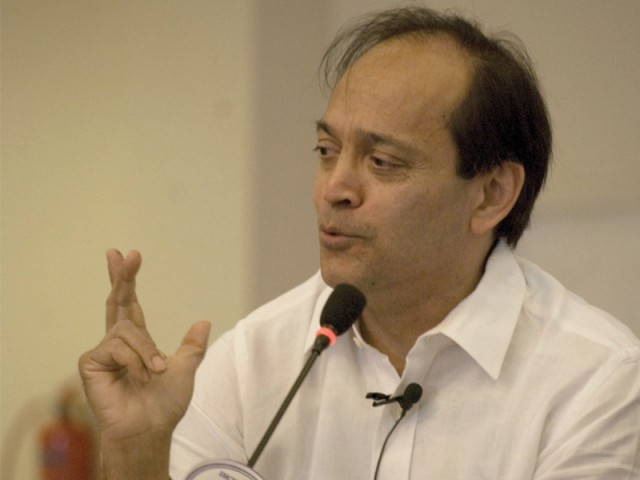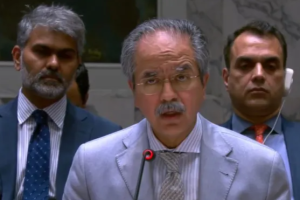Hardly has any novel been awaited with as much curiosity and anticipation in recent times as Vikram Seths sequel to the monumental “A Suitable Boy” (1993). Five years on, since he was first expected to deliver the manuscript, the novel is still to see the light of the day. But what seems like a saga of missed deadlines can very well — far from our eyes — be a masterpiece in the making.
“The more I talk of her, the more shy she becomes,” Seth had told this correspondent in 2015 about “A Suitable Girl”, the novel-in-waiting.
Seth, as his literary agent David Godwin puts it, has been known to take his time with his books. The prolonged delay, however, was not acceptable to Hamish Hamilton (an imprint of Penguin Random House) and he was asked to return an advance payment of $1.7 million when the deal was called off. Weidenfeld and Nicolson, an imprint of the British publisher Orion, then acquired the novel — and it was scheduled to release in 2016.
But a flying bird — a friend and confidant of the writer — says that he is now giving the “final touch” to the novel and that one can expect “the big announcement” soon.
Seth released a collection of poems titled “Summer Requiem” in the meanwhile. In the collection, he traces the immutable shiftings of the seasons, the relentless rhythms of a great world that both “gifts and harms”. Composed as they were while he was (which he still is) writing the sequel, several poems in the offering open doors to his mind, or perhaps they may be preludes to the larger narrative that he is weaving.
“I have so carefully mapped/the corners of my mind/that I am forever waking/in a lost country,” he writes in the opening poem. Interestingly, Seth’s companion to “A Suitable Boy” will be a jump sequel — the characters have travelled from the 1950s and it will be very much a novel set in somewhat the present times.
In its title poem, he mourns that the “liberated generation lives a restrained youth,” and then adds: “I must forsake attachment”. On another occasion in the book, readers find him lamenting over “the peaceful love” that the narrator has “never found”. In another short poem “Late Light” he writes: “Outside the great world’s gifts and harms/ There must be somewhere I can go/To rest within a lover’s arm/At ease with the impending snow”.
Reportedly, Seth suffered from writer’s block after his break-up with French violinist Phillippe Honor but that was a long time ago and was reflected in “An Equal Music”. He has moved on or has he not?
Nonetheless, it has been about five years since “A Suitable Girl” was first expected to hit the stands but the wait is surely worth it. As writer-politician Shashi Tharoor says about his good friend’s technique — that “Vikram Seth draws an entire roadmap of his novel, planning every minute element in great detail” — the sequel, thanks to all the anticipation and the pressure on the writer, may actually be a masterpiece in the making, as sublime as its counterpart and yet set in the time of its readers.
Vikram Seth is a recipient of the Padma Shri, Sahitya Akademi Award, and among several other prestigious honours, the Pravasi Bharatiya Samman. He has been widely translated and is among leading novelists on the global stage. He has published three novels — “The Golden Gate” (1986), “A Suitable Boy” (1993) and “An Equal Music” (1999) — along with several collections of poetry such as “Mappings” and “All You Who Sleep Tonight”.
Seth — an openly gay man — is also one of the prominent faces of the campaign against Section 377 of the Indian Penal Code that criminalises homosexuality.
























